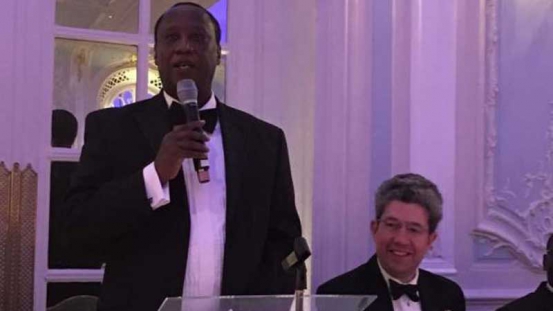×
The Standard e-Paper
Join Thousands Daily

A quiet yet significant event for members of the world’s tea trade takes place every year at London’s Savoy Hotel.
For 88 years since the first dinner was held in 1911, it has been a preserve of eminent members of the trade who meet to honour and recognise the role the UK has played in the global tea business.